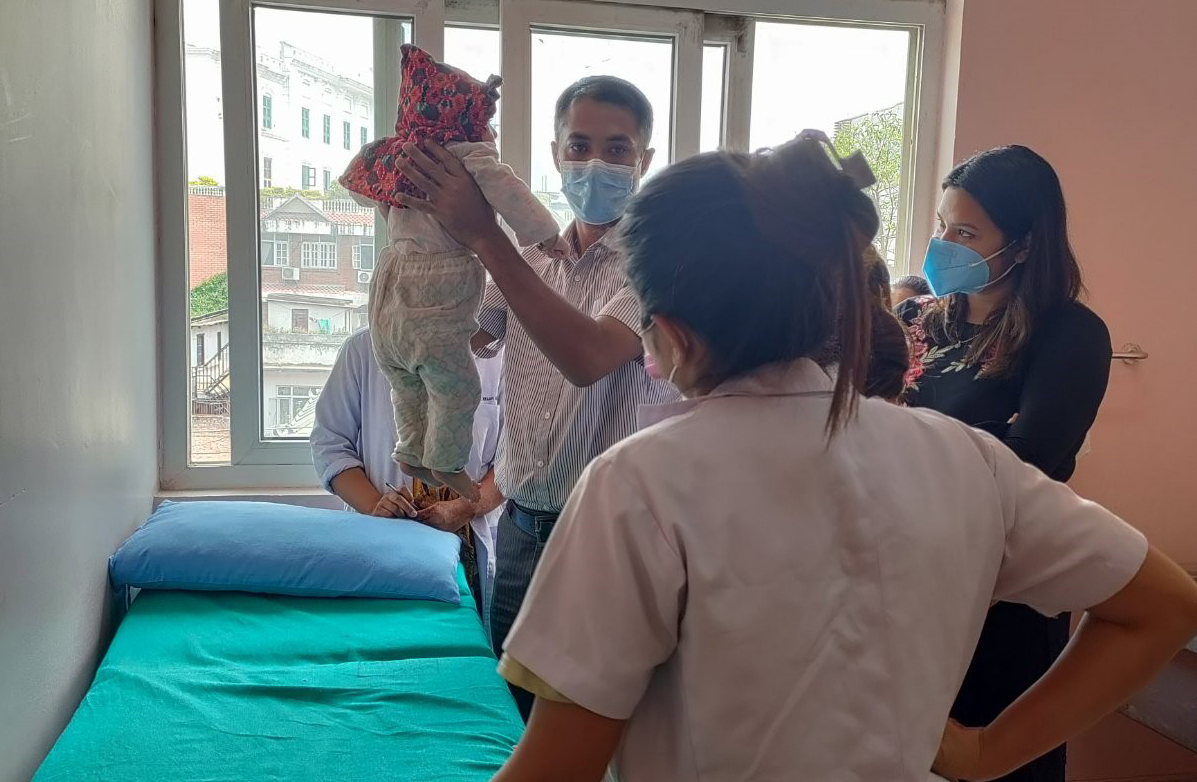
Feasibility of Remote General Movements Assessment (GMA) for Early Recognition and Rehabilitation of Cerebral Palsy in Nepal
- Overview
Cerebral Palsy (CP) is a syndrome of non-progressive movement and posture disorder caused by damage to the developing brain during pregnancy, delivery or first two years of life. It is the most common form of motor disability in childhood affecting around 2-3 children per 1000 live births. Early intervention started during the first two years of life has been shown to improve functional outcome in children at risk of CP. Novel tools enable early recognition of these children, but access to early diagnosis is limited in Low- and Middle-Income Countries (LMIC), where the majority of affected children live. Facility based studies in Nepal show that many children with CP access rehabilitation first around school age. This missed opportunity results in decreased quality of life for both affected children and their parents.
General Movements Assessment (GMA) is a cheap, non-invasive method for recognizing children at high risk of CP based on observing their spontaneous movements. Already at 3 months’ age it can predict CP with over 90% sensitivity and specificity enabling start of early rehabilitation interventions for children at high risk of CP. Lack of doctors and physiotherapists trained in the methodology has thus far limited its spread to LMIC, but smart phone technology can help to overcome this barrier.
Studies in high-income settings have shown that GMA can be administered remotely using video films recorded by parents at home with help of a smart phone application (app).
Study Aim:
We aim to conduct a follow up study on feasibility of remote General Movements Assessment (GMA) using smart phones at home through an application at Paropakar Maternity and Women’s Hospital (PMWH). Term infants at high risk of CP due to birth asphyxia or neonatal seizures will be recruited for the follow-up.
Related Project
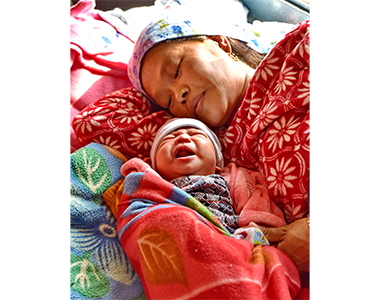
Implementing Respectful Maternity Care (RMC) Intervention to Improve Perinatal Mental Health
Several studies in low- and middle-income settings have shown that mistreatment and disrespectful care during childbirth is a major...
Learn More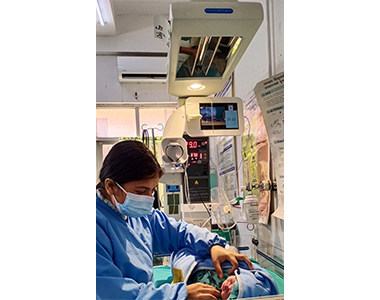
Improving Adherence to Neonatal Resuscitation Using Machine Learning at Quality Improvement Approach (Pre-MALA)
High quality neonatal resuscitation is a key to save newborn lives, prevent brain injury and optimize child development, yet...
Learn More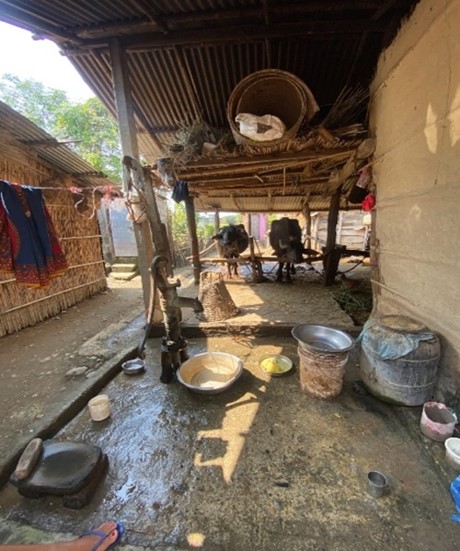
Navigating Food Insecurity During the Pandemic: The Role of Social Networks Among Pregnant Women in Nepal
Food insecurity is defined as a state in which an individual “lacks regular access to sufficient, safe and nutritious...
Learn More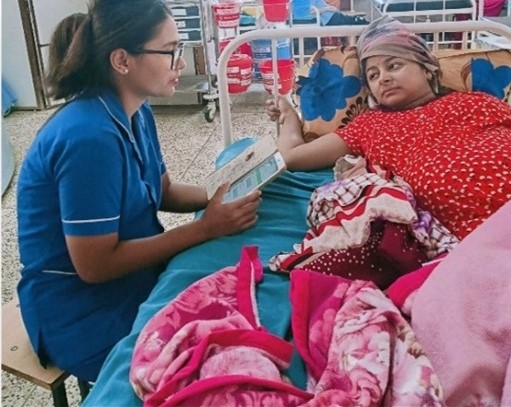
Investigating heat wave risk perception, vulnerability and adaptation among pregnant women
Over the past 15 years, Nepal has experienced a series of catastrophic weather events, with the Terai region emerging...
Learn More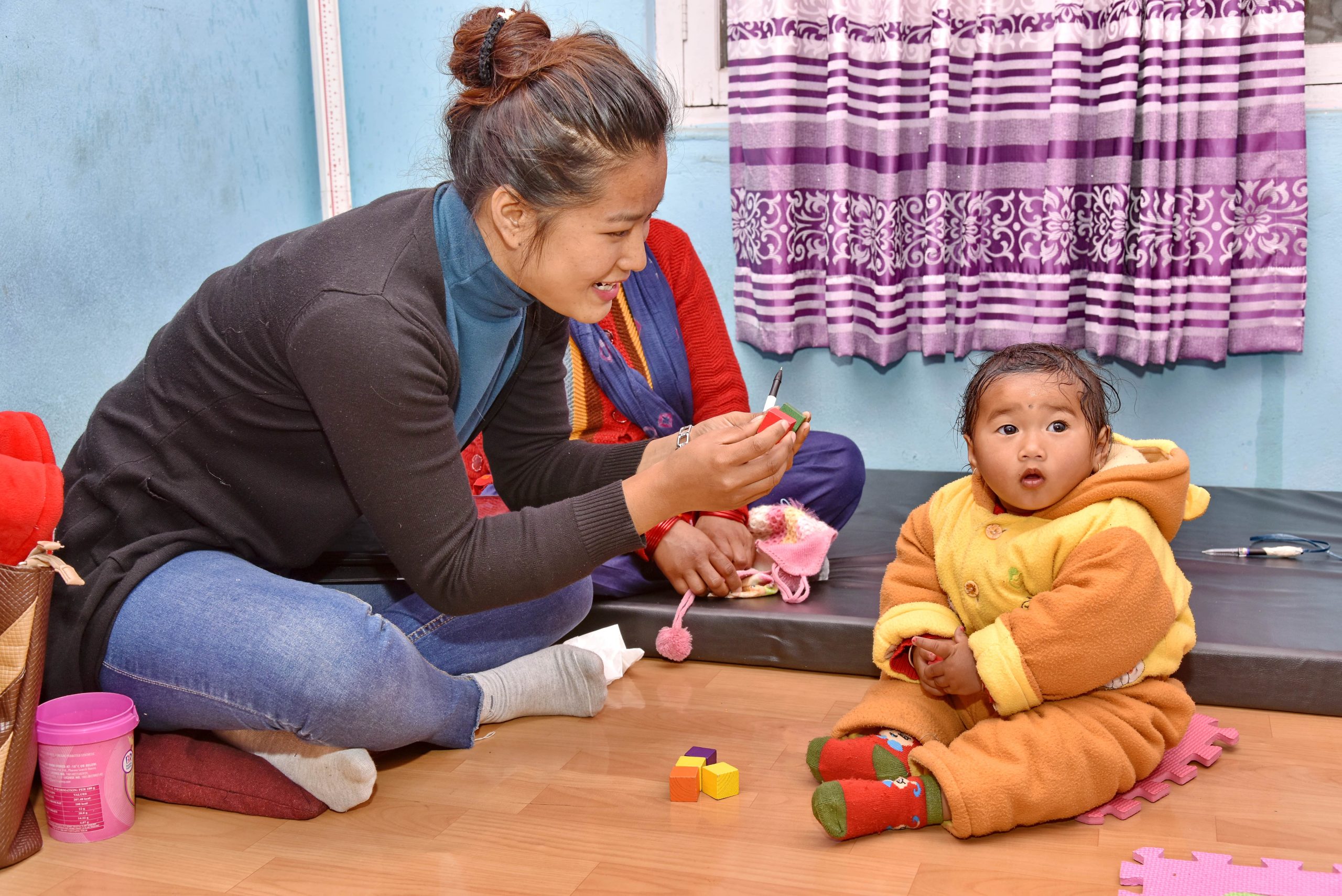
Every Newborn – Simplified Measurement Integrating Longitudinal Neuro Development and Growth (EN-SMILING)
In low- and middle-income countries, there has been a noticeable decline in mortality rates among children under 5 years...
Learn More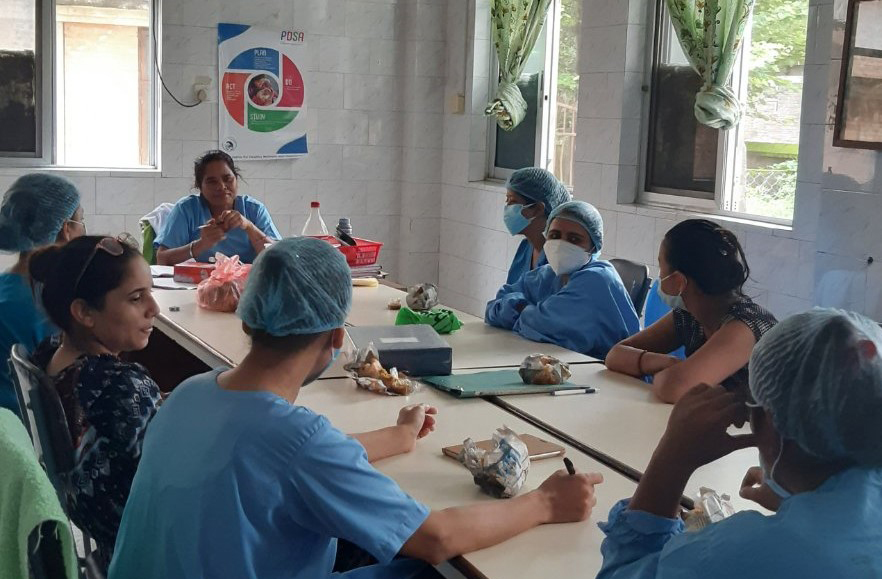
Scaling Up Safer Birth Bundle Through Quality Improvement in Nepal (SUSTAIN)
Golden community in collaboration with the Ministry of health and Population, Government of Nepal (GoN) and Uppsala University has...
Learn More